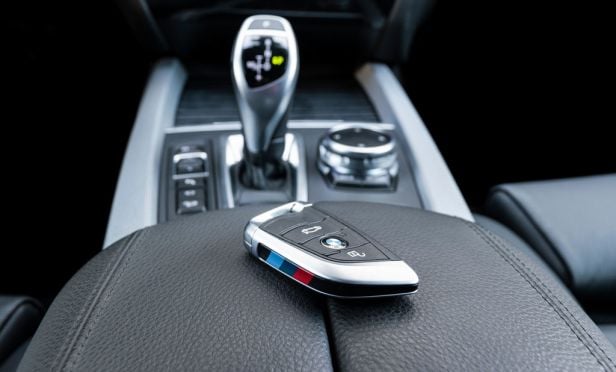 A report from the National Insurance Crime Bureau (NICB) shows that during the 3-year period from 2016-2018, a total of 229,339 vehicles were stolen because drivers left their keys in their vehicles — a 56% increase since 2015. (Photo: Shutterstock)
A report from the National Insurance Crime Bureau (NICB) shows that during the 3-year period from 2016-2018, a total of 229,339 vehicles were stolen because drivers left their keys in their vehicles — a 56% increase since 2015. (Photo: Shutterstock)
It's not a smart move, but it happens everyday. Someone's in a hurry and either by accident or on purpose, leaves the keys in their vehicle. Risky behavior.
Recommended For You
Want to continue reading?
Become a Free PropertyCasualty360 Digital Reader
Your access to unlimited PropertyCasualty360 content isn’t changing.
Once you are an ALM digital member, you’ll receive:
- Breaking insurance news and analysis, on-site and via our newsletters and custom alerts
- Weekly Insurance Speak podcast featuring exclusive interviews with industry leaders
- Educational webcasts, white papers, and ebooks from industry thought leaders
- Critical converage of the employee benefits and financial advisory markets on our other ALM sites, BenefitsPRO and ThinkAdvisor
Already have an account? Sign In Now


